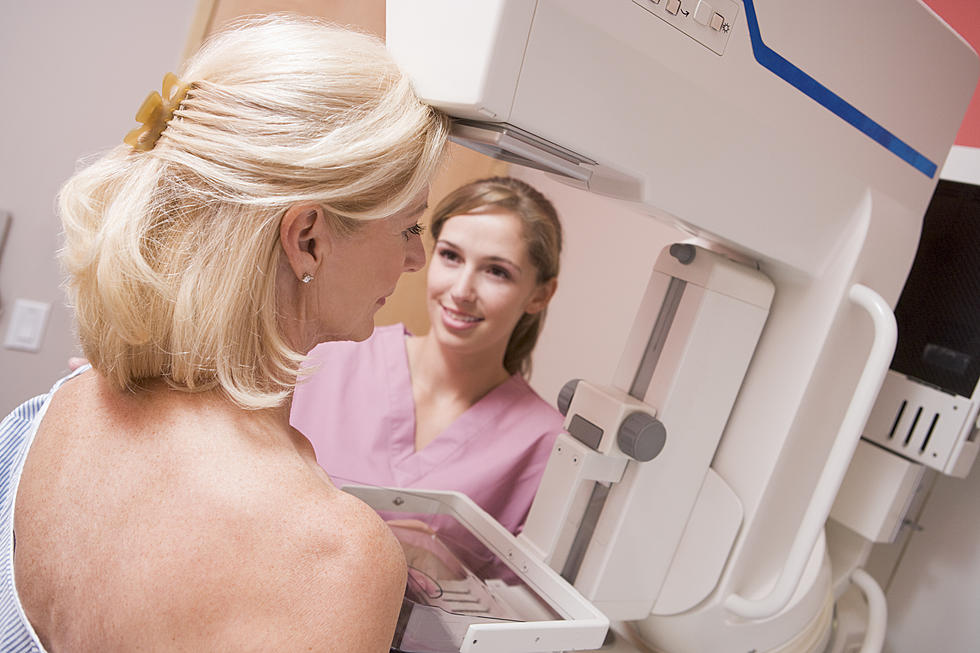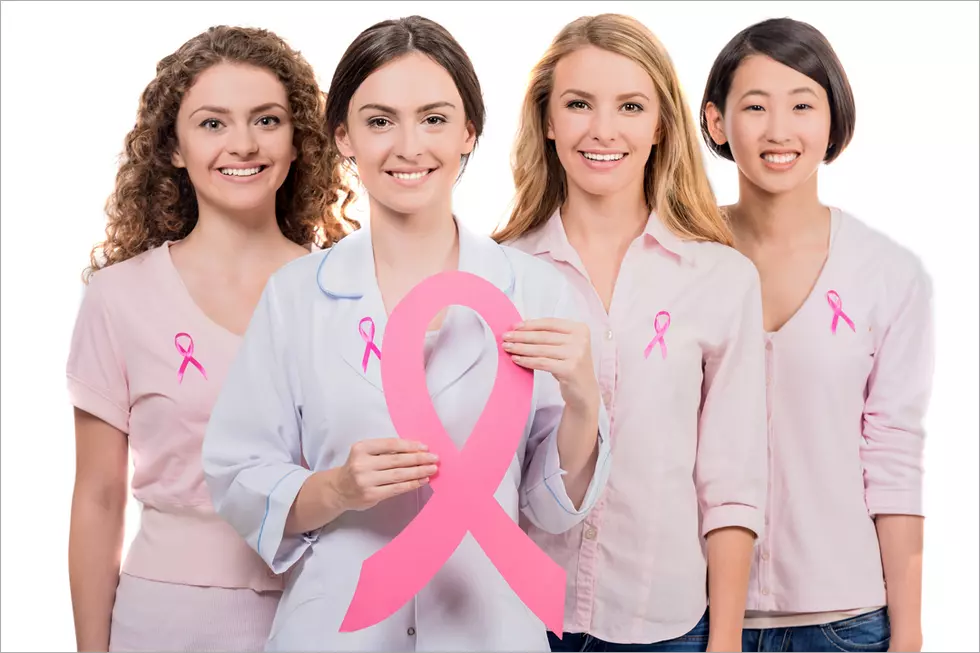
Yearly mammograms are the key to early breast cancer detection
Health experts encourage women to keep up with their yearly mammograms to ensure early detection and the best treatment possible.
According to The American Cancer Society, about 8,330 people in New Jersey will be diagnosed this year with breast cancer. For the first time ever, female breast cancer has surpassed lung cancer as the most commonly diagnosed cancer worldwide.
But the good news is that the breast cancer death rate has dropped by 41% from 1989 to 2018, said Dr. Adriana Suarez-Ligon, breast cancer oncologist at Rutgers Cancer Institute of New Jersey.
"The reason why we've seen this death rate from breast cancer drop is solely because of early detection through mammographic screening. Of course, there have been many advances in treatment but catching cancer early leads to better treatment options and overall, better survival for the patient," Suarez-Ligon said.
When should women start getting mammograms?
She recommends women over the age of 40 start mammogram screenings every year. Screening should continue as long as the woman is in good health and is expected to live at least 10 more years.
During the COVID-19 pandemic, 41% of U.S. adults either delayed or even avoided getting any medical care and there was a delay in cancer screenings, she added.
So now what doctors are seeing is that people that are presenting with cancer are presenting at later stages because of the lack of screening that was encountered during the pandemic.
Signs and symptoms of possible breast cancer
Suarez-Ligon said self-breast exams are important. It's less important on the exact way to do a self-exam and more important for people to know their body. If there are any changes in the skin of the breast, discharge from the nipple, any masses or pain that hasn't gone away, then these are symptoms that need to be presented to a doctor for possible additional screenings and mammographies.
Men can get breast cancer
While the rate of male breast cancer is low, Suarez-Ligon said they do have breast tissue prone to cancer. She suggested the same type of self-exam for men as she does women. Check for any abnormalities, masses, pain or discharges. These are abnormal and should be investigated further.
Simple lifestyle changes can reduce the risk of breast cancer
There are some things that are not preventable in terms of cancer risk, she said. Some people have a higher risk because of family history or exposure to environmental hazards. But there are simple lifestyle changes that we can do to reduce the risk of breast cancer.
Eat a healthier diet of less processed foods. More plant-based foods are very important. Get exercise at least five days a week. Exercise does not have to be any routine or any structure. Simply walking briskly for 30 minutes a day is enough to lower the risk of breast cancer, Suarez-Ligon said.
Avoid smoking and reduce alcohol intake. She said women should reduce their alcohol intake by one or less glasses per day.
The American Cancer Society website, www.cancer.org remains a place where people can find comprehensive, detailed information about breast cancer types, risk factors, prevention, screening and early detection, treatment, options and survivorship.
Dumb and Dangerous Internet Challenges
More From 94.3 The Point










